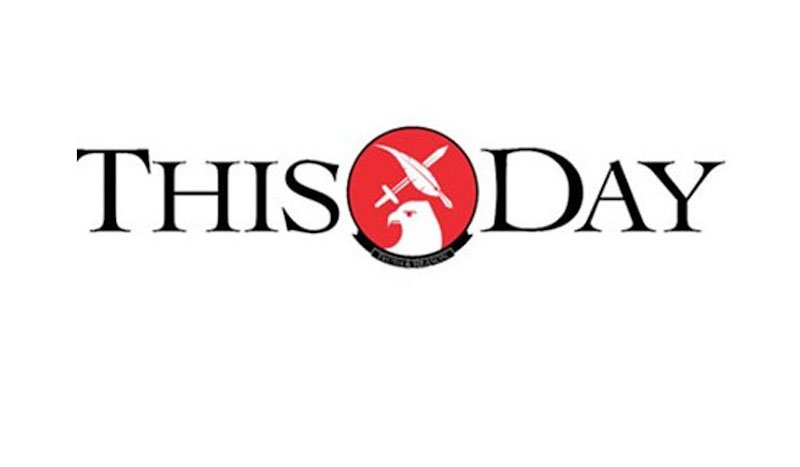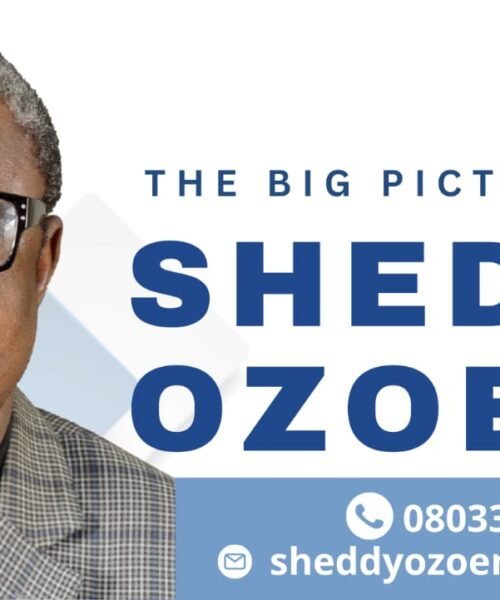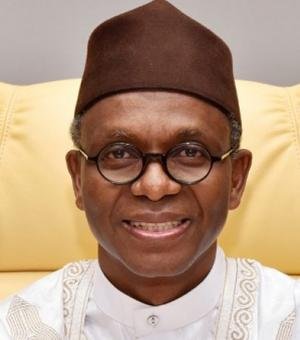At 42, Dr. Kingsley Udeh is head of the back room where the lofty policy initiatives of Governor Ifeanyi Ugwuanyi are formulated. He is a Development expert with versatile academic qualifications and multi-sectoral experience in governance. Udeh holds a Master’s Degree in Law (Nottingham) and PhD from the University of Stellenbosch, South Africa. Until he resigned last week to seek the PDP nomination for governor, Ude was Special Adviser to Ugwuanyi. With a solid base as a cross between the youth and the older generation that constitute the political leadership in the state, he is untainted by any past unsavoury record nor mirred in the deep cleavages of the state’s sectional politics. Udeh talks to THISDAY on why he joined the race for Enugu governorship:
Until recently, not much was known about Kingsley Ude. What has been your experience working with Ugwuanyi?
It has been a mixture of challenges and fulfilment working with a visionary leader like Governor Ugwuanyi. I joined the administration in 2017 as the Senior Special Assistant on Development Aids. That’s the office that handles much of the state’s international partnerships. From that office, I have been the Focal Person of the Enugu State Open Government Partnership (a multi stakeholders’ good governance platform) before I moved to Education as Special Adviser. Before joining the administration, I was a consultant to several international development organizations among which are the UNICEF, UNDP, the World Bank, African Development Bank, FCDO and UK Department of International Development. We dealt in multi-disciplinary engagements across almost all the states of the federation.
You have not been fully involved in the state’s politics until you declared your governorship ambition few weeks ago. What is driving your aspiration?
To me the whole essence of politics is servant leadership. I have been involved in leadership and activities that impact the public positively. I believe that one should not seek power just for the sake of it but as an enablement to do good. This philosophy has guided my public life as well as my private endeavors as a developmental philanthropist supporting our teeming youths, widows, orphans and people with disabilities and the less privileged in our communities
The field of Enugu State governorship contest is filled with heavyweights. How will you compete with them considering your relatively young age and short experience?
My candidacy is unique in many ways and what you consider to be disadvantages are actually what makes it stand out. I am the unifier, and rather than being bogged down by the unnecessary divisions in our polity, I believe I am accepted across board. And having spent over 20 years in key international institutions involved in development plus my critical work Adviser to Enugu state governor, I have all the requisite experience.
So, are you the governor’s candidate?
I don’t know what you mean by ‘the Governor’s candidate’. The governor is father of all and the undisputed leader of our party, the PDP in Enugu State and the South-East. He does not take the decision of who flies the party flag alone because there are several other stakeholders. I believe when the chips are down, the party leadership, stakeholders and the delegates will make the right decision.
You come from Ozala in Nkanu West Local Government Area which has produced two governors in the past. Does this pose a hindrance to your aspiration?
Not at all. Zoning of the governorship position in Enugu state is on the basis of Senatorial zones. Governorship is not zoned in the state on the basis of Local Government Areas. People will always advance all manner of arguments to enhance their own chances but the fact that ex-Governor Chimaroke Nnamani comes from the same area with me, does not in any way diminish my chances.
Having worked closely with Ugwuanyi, how would you assess his performance?
Ugwuanyi must be assessed within the context of prevailing realities in the state and the country, and in all, he has done exceedingly well. I can say so about all the sectors of development in the state including the critical human development sector. Like he promised when he came in in 2015, he has not only progressed on the infrastructural development initiative of his predecessor, he has integrated the rural areas by providing the key indices that stimulate development.
What aspects of his governance style would you adopt if you are elected governor in 2023?
I must admit that I have learnt a lot working with Ugwuanyi. He has a passion for the common people, he is pragmatic and focused on delivering on his promises.
One act of the governor that has had a profound impact on the development of the state is the setting up of Sectoral Ad-Hoc Committees that looked into all aspects of development. I was part of the formulation of the committees and the production of the development blueprint that resulted from their activities. It is one of the many policy documents that has taken the state higher, and one that his successor must adopt if he must progress on the trajectory of wholesome development.
Zoning of the governorship position has become a contentious issue in Enugu state with some people insisting it does not exist. What’s your take on that?
There are legal and practical perspectives on the issue of zoning. From the legal perspective, it is provided in the 1999 Constitution under Part II which stipulates that government businesses should be done in such a way to give states of the federation a sense of belonging in the appointment into political offices. It is called federal character principle. The same applies to Enugu State which has Nsukka, Nkanu and Agbaja and other groupings within the state. In practical terms, even in the UK, you discover that it is not everything that is written in the law in their practice. In Enugu State, zoning has evolved in much the same way and it has ensured equity, justice and a seamless rotation of the governorship position from one senatorial zone to the other, beginning from Enugu East in 1999, to Enugu West in 2007 and then presently Enugu North in 2015. It is only reasonable that it should continue in Enugu East in 2023.

Culled from THISDAY



















